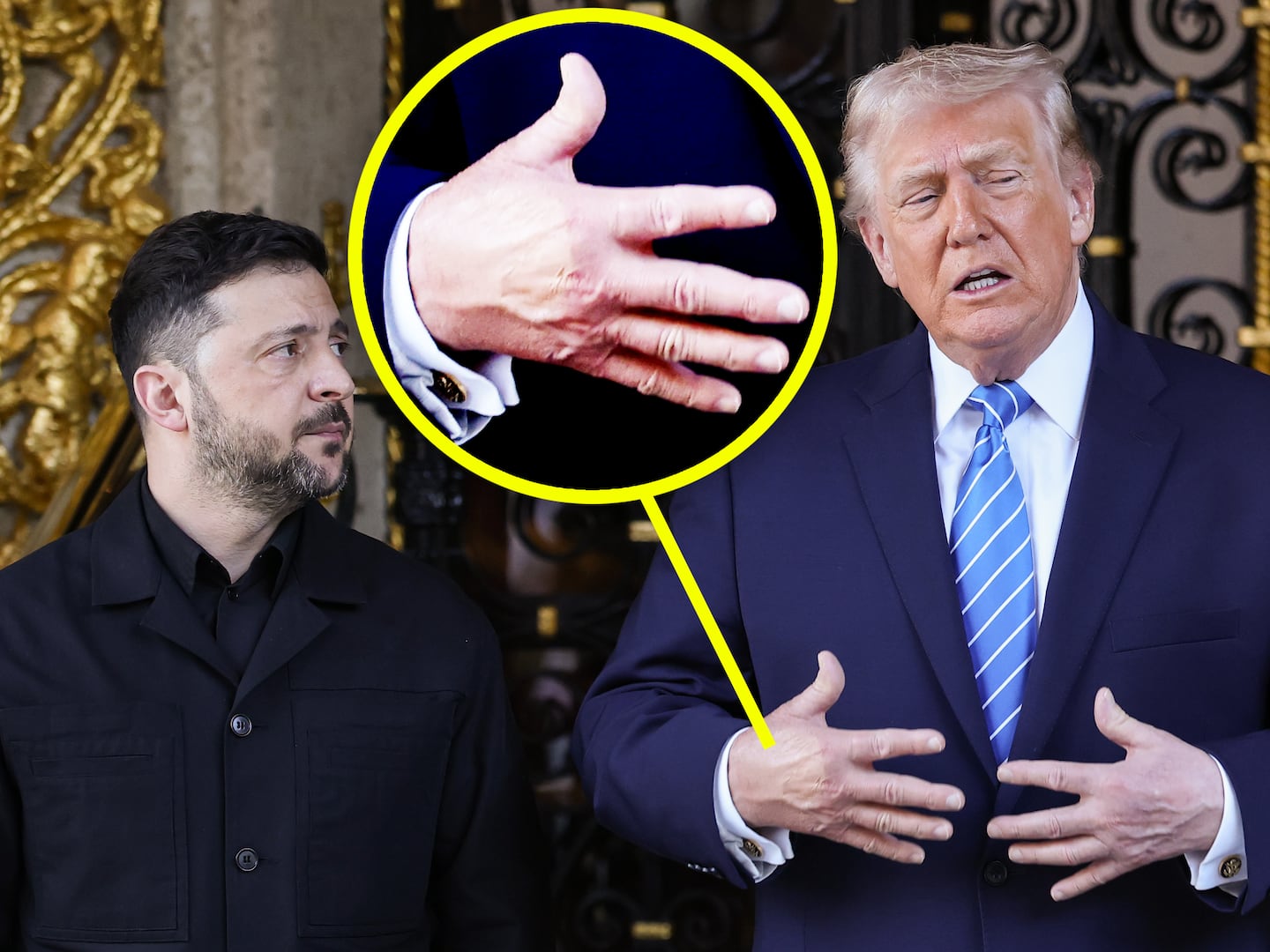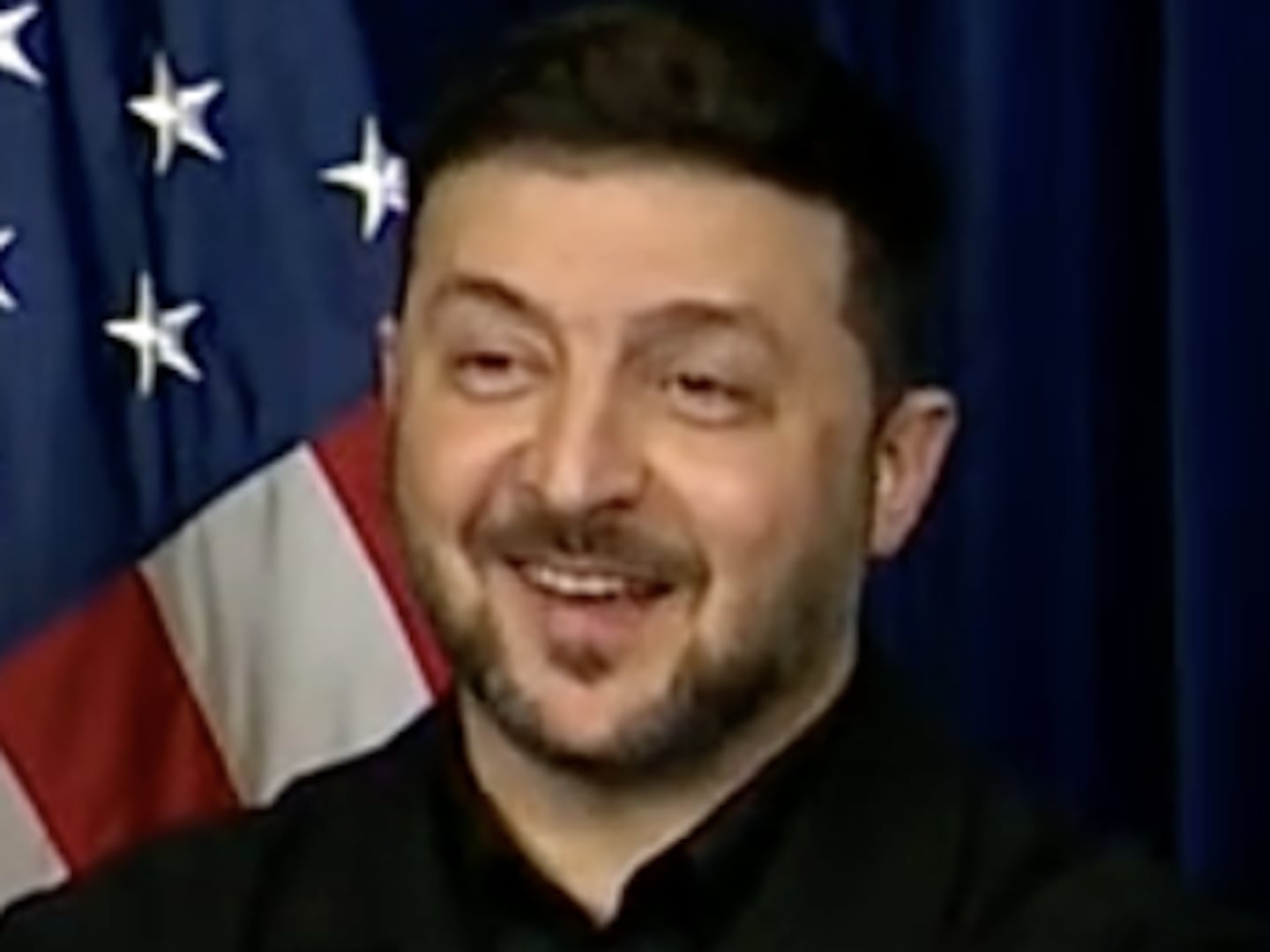In our post-Harry Potter world, most 11-year-olds spend a good portion of their birthday throwing longing glances toward the fireplace, eagerly awaiting their acceptance letters to the Hogwarts School of Witchcraft and Wizardry. But for some adults, the longing for a fantastical adventure and belief in a world beyond our own is more than a prepubescent affectation.
Like a benevolent fairy godmother (or selfish, greedy stepmother?) The Quest, which premieres on Thursday night, offers 12 of these grown-up dreamers access to the magical realm of their deepest Dungeons & Dragons desires. With the help of veteran producers whose credits range from Lord of the Rings to Queer Eye for the Straight Guy, The Quest livens up the traditional reality competition dynamic with a coterie of scripted characters, armed with a wealth of Medieval Times surplus scenery.
The conceit is that these real-life contestants (who will henceforth be inexplicably referred to as Paladins) have been transported to the kingdom of Everealm, where they must succeed in a series of missions in an attempt to protect the realm and hold evil enemy forces at bay. One contestant will emerge as the One True Hero, while the rest will be banished challenge by challenge, forced to surrender their breeches and return to their day jobs as teachers, horse trainers, and MMA fighters.
The Quest has all of the great special effects, somber speech making, and magical creatures of an episode of Game of Thrones, without any of the sex, meticulous backstory, and social commentary. Seeing the sincere crew of grown-up misfit contestants pretend they’re part of this artificial world (complete with the requisite contestant sound bites—“This is awesome!” “This is really Everealm!”) is often an uncomfortable experience, as is watching the scripted characters embrace their silly little roles with a ferocity that makes Anne Hathaway’s acting look natural and unrehearsed. The overall campiness of the experience is sure to illicit an epidemic of eye rolls from viewers who are used to the George R.R. Martin approach of melding magic with grittiness, intensity, believability, and boobs. In comparison, The Quest is an over the top confection, with about as much genuine genre integrity as Your Highness.
From the get go, The Quest embraces the medieval hero genre’s huge capacity for campiness. The contestants are brought to the Castle Sanctum, an imposing Knights of the Round Table-style haunt surrounded by a likely cast of soldiers, townspeople, and mid-level magical bureaucrats. We’re told that the One True Hero must face a myriad of challenges; in the first challenge, the group is split into teams, and then commanded to besiege a dummy army while they are simultaneously pelted with mud. The most suspenseful part of this artificial adversity is wondering which contestant’s brand new training gear (consisting of taupe tunics, big leather belts, and awkward forearm pads) will get all gross and dirty. The losing team members must go on to face another challenge; the two losers of this subsequent quest are then voted on for elimination by their Paladin peers.
But despite its inherent cheesiness, The Quest is no joke. ABC has managed to create a reality television show that doesn’t entirely depend on a tired old formula. Sure, The Quest is sort of like The Amazing Race…if The Amazing Race had ogres, medieval wooden weaponry, and a trio of omniscient judges/spirit guides known only as the Fates. In addition to appeasing its viewers’ inner nerds, The Quest makes its own contestants’ dreams come true. Every competitor on the show has a compelling backstory, an inner narrative that explains why and how they turned to fantasy, and how much escapism means to them.

From the man who lost his mother at a young age and turned to stories of orphan superheroes, to the bullied young woman who found friends in fantasy, these are people who have been waiting for Everealm their entire lives. In the words of Shondo, a professional cage fighter turned Paladin, “It was my fate to embark on this journey.”
It’s appealingly adorable to see a competitive reality show that’s giving contestants an opportunity to live their dreams, instead of just pitting them against each other in an attempt to profit off of their dramatic hookups, melodramatic meltdowns, and hair-pulling altercations. Every contestant on The Quest is truly overjoyed to be there—not because they see it as a path to fame or wealth, but because they really want to wear tie-up blouses and save a fictitious realm. Of course, this emphasis on wish fulfillment and self-actualization does pose a threat to the spirit of competition that should rightfully motivate this sort of series—will these competitors be capable of getting cutthroat with their bright-eyed, sweet, nerdy peers?
The prominence of themes like honor, teamwork, and leadership in the competition injects a dose of good old-fashioned chivalry into a genre that’s famous for lust, greed, and weave-pulling. It’s this heart and originality that makes The Quest a welcome competitor in the quest to find a new reality TV show that’s actually worth watching. Of course, a castle hookup or two couldn’t hurt.






